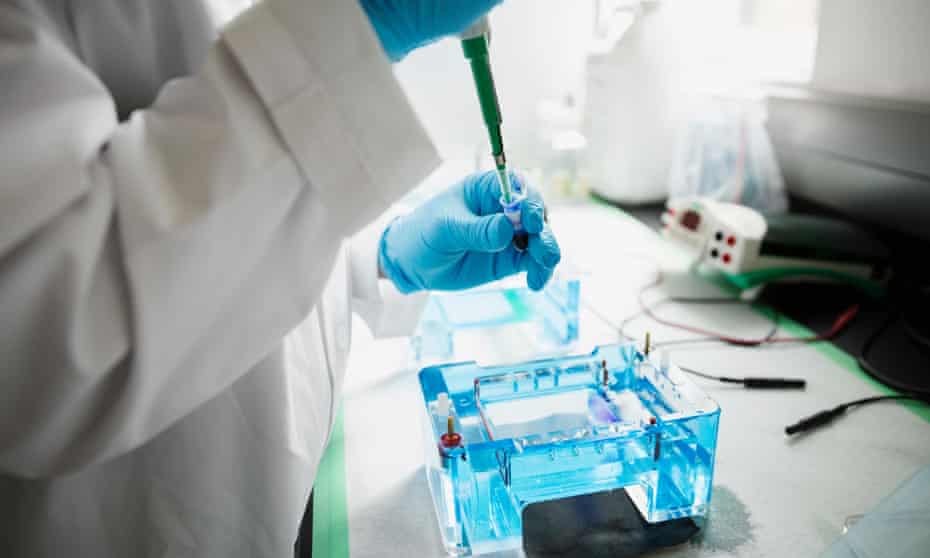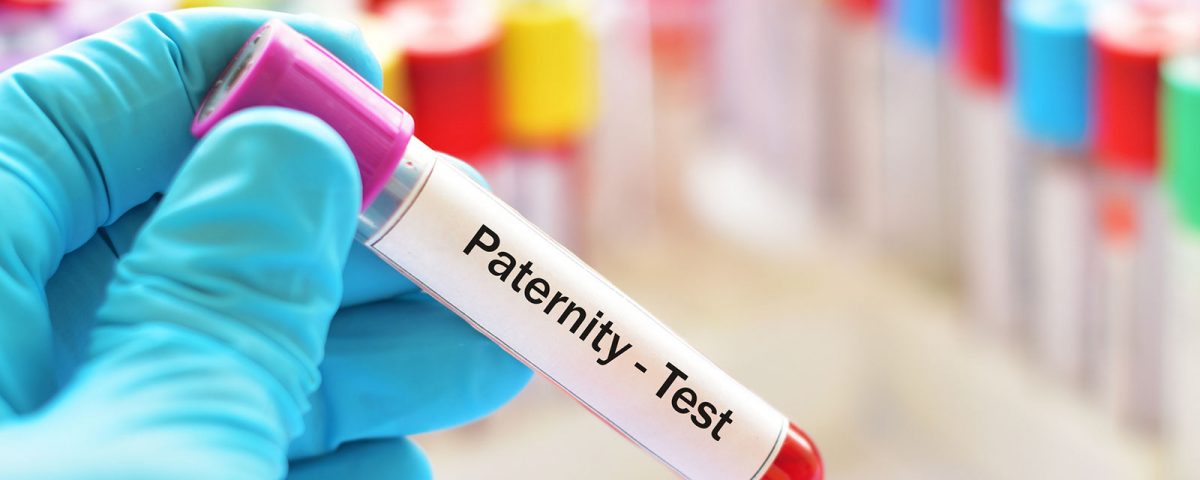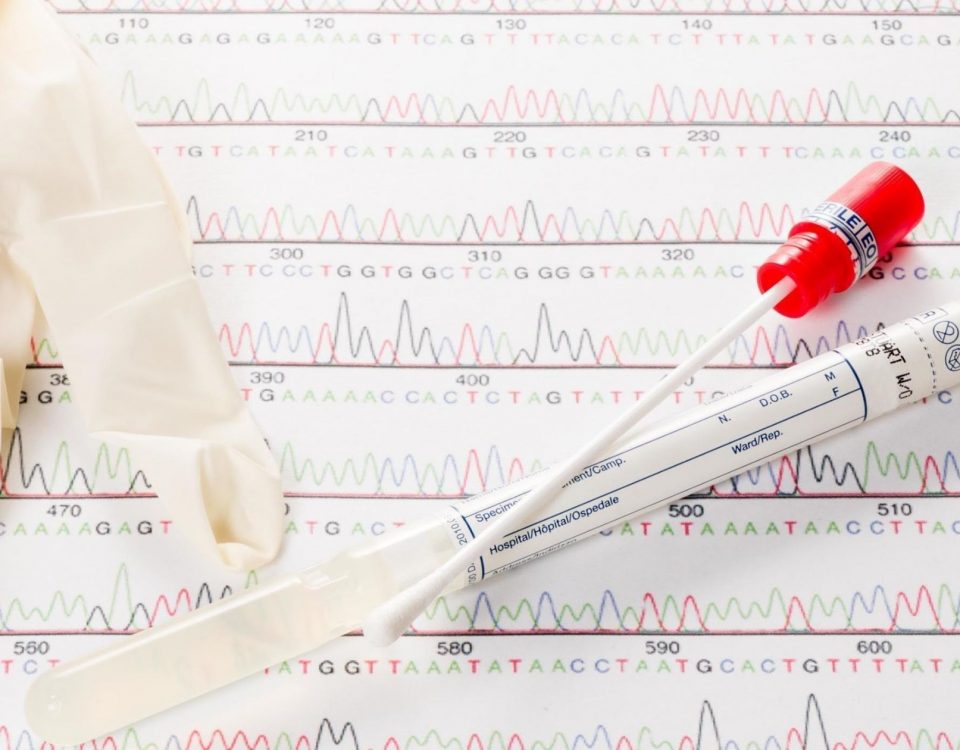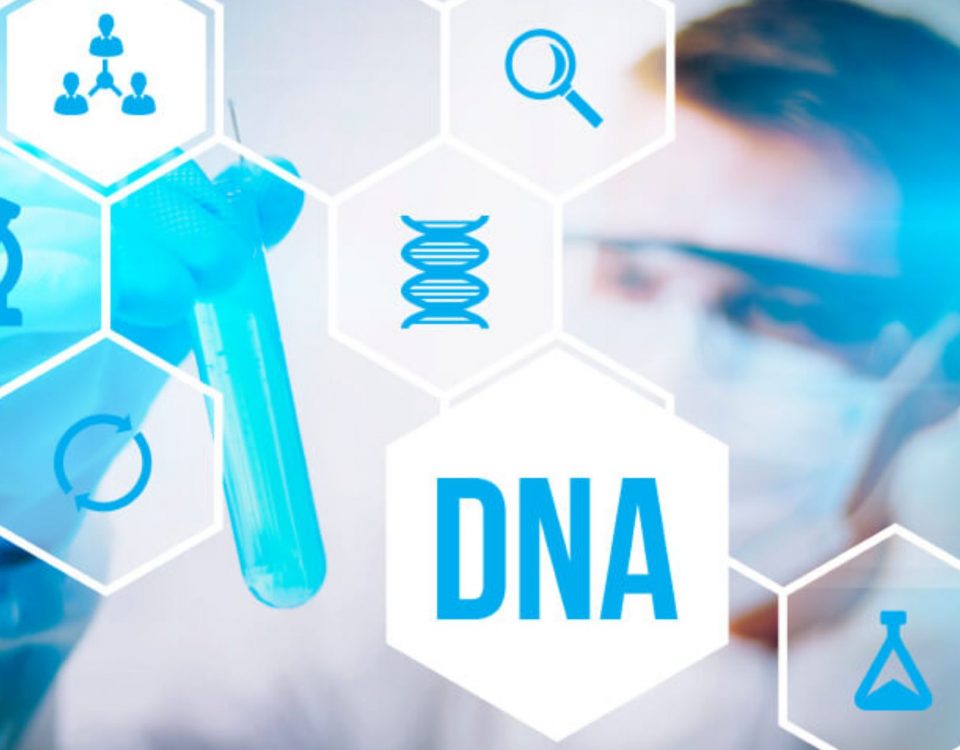At what point of pregnancy can a Paternity Test Be Performed?

How DNA tests can detect earlier signs of a genetic disorder in a fetus?
January 10, 2022
Why DNA testing for adoptees is beneficial?
January 14, 2022A pregnant person can be looking for a paternity test for various reasons. It can be done to determine the second parent of the child. Paternity tests are used to determine the relation of the unborn child to the parent but can also help in certain cases like child custody or to just strengthen the emotional bond.

What are the different ways for paternity testing?
- Non-invasive prenatal paternity test
Non-invasive DNA test is an advanced level of the test. It can be done after 8 weeks of pregnancy. For this test, the DNA sample of the unborn child is collected from the mother’s bloodstream. Then this sample is used to determine the DNA sequence of the fetus and then this DNA sequence is matched with the DNA of the mother and alleged father.
- Amniocentesis
This test can be done between weeks 14 and 20 of pregnancy. This is an invasive diagnostic test and is used to detect defects in the neural tube, abnormalities in chromosomal sequencing, and genetic disorders.
In this method, a long, thin needle is used to take a sample of amniotic fluid. The amniotic fluid sample is collected from the uterus. The DNA collected is compared to a DNA sample from the potential father.
The results of this test are 99% accurate but usually contain some risks so consulting a doctor before taking this test is highly recommended.
- Chorionic villus sampling (CVS)
This is also an invasive diagnostic test. A CVS can be done between weeks 10 and 13 of pregnancy. In this test, a thin needle or tube is inserted into your vagina through the cervix with the help of ultrasound for guidance. This needle or tube then collects small pieces of tissue attached to the uterus wall also known as chorionic villi.
This tissue can be used to determine paternity because the chorionic villi and fetus share the same genetic makeup. This sample is used to compare the DNA of the alleged father.

This test also has 99% accuracy but the doctor’s recommendation is highly recommended because, unfortunately, 1 out of every 100 CVS causes miscarriage.




